Most small to medium sized business owners have limited financial resources to allocate to marketing. Sure, fortune 500 companies have seemingly infinite budgets for both on- and offline marketing campaigns, but that’s not how things work in the world of small business. With limited resources, marketing budgets must be spent on campaigns that deliver. ROI is at the front and center of every small business marketing choice. With that in mind, small business owners are usually interested in a comparison between online vs offline marketing ROI. Here’s what you need to know.
The Difference Between Online and Offline Marketing
The difference between online and offline marketing is quite simple, so there’s no need to explain it in detail, but just in case you’re uncertain, they can be defined as follows.
Offline marketing, also called traditional advertising is any marketing campaign or strategy that isn’t on the internet. This could include billboards and posters, as well as ads on the radio, television and in local newspapers and magazines.
Online marketing, also called digital marketing, is any form of marketing on the internet. This could include social media and Google ads, as well as content and email marketing.
The difference is simple, but measuring how ROI differs across various platforms can be more complicated. This is exactly why choosing between digital vs traditional marketing avenues can leave many business owners scratching their heads.
Measuring ROI on Marketing Campaigns
One of the benefits of online marketing vs traditional marketing is that it enables businesses to better measure the ROI from online campaigns. Tracking metrics can tell business owners how much traffic their websites are getting from search engines. As an added benefit, business owners can also see what search phrases people used to find them online.
But measuring the efficacy of campaigns can extend even further. With the right tools, some business owners even track how many website visitors are converted to customers. Not all business owners can track online conversion rates with 100% accuracy, so it’s not always entirely clear-cut. Even so, it’s easy to get feedback consisting of real, hard data from digital marketing efforts.
In contrast, measuring ROI from offline marketing can be a bit like an educated guessing game. Imagine you put up a poster. How do you know if potential customers phoning your business saw your poster, or if they got your number off the internet? In most cases, you don’t. The only way you can know for sure is by asking people who phone how they found your business, which will annoy some of your potential customers.
Measurable ≠ Better by Default
Yes, digital marketing success is easier to track, but that doesn’t necessarily mean it’s better by default.
Tracking metrics aren’t beneficial unless you use them to improve your strategy. Incidentally, that’s where digital stands head and shoulders above traditional. Data collected from digital campaigns can be used to improve them.
Too many business owners are so pleased to have accurate tracking metrics, they forget to apply their results to their marketing! Simply seeing real numbers can be deceiving, and can lead business owners to believe they’re getting a better ROI on their efforts than they actually are.
Conversely, just because you don’t know how many customers you’re getting from offline ads, doesn’t mean you aren’t getting any. For all you know, you’re benefiting more from your offline marketing than your online campaigns.
To get the best out of any marketing campaign, it’s good to have tracking metrics. Having data to analyze will show you what worked, allowing you to improve your strategy.
Online vs Offiline Marketing ROI: Where Should You Invest More?
The best marketing channels to use will differ from one business to another. Some businesses might find that SEO is the absolute best form of online marketing for them, while others might benefit more from simply handing out leaflets.
For local small to medium sized businesses, it’s important to keep the focus of online marketing on attracting a local audience. Offline marketing can also be a great way to get interest from the community.
Investing in at least some online marketing is more essential now than ever before. But establishing the right balance between online vs offline marketing will often yield the best overall results.
Local Marketing Options
When trying to market a business locally (both online and off) the focus should be on marketing to a local audience. Some of the best ways to market a business locally include:
- A business website that’s optimized for local SEO
- Using free local SEO services such as Google My Business and Bing Places for Business
- PPC campaigns
- Social media
- Print media, like leaflets, posters and banners
Using a combination of different marketing channels can help to promote your business to a larger audience. Your target market will also influence what marketing channels you can benefit from most.
A Business Website and SEO
Almost any local business can benefit from having their own website. To benefit from a business website, it must be SEO optimized, as this will help to bring in organic traffic from search engines.
Optimizing for local SEO can include methods such as keyword optimization and content marketing through blogging. Another important way to optimize your business website for SEO is to ensure your website is responsive – meaning it displays well on all devices.
Local SEO Services
Making use of services like Google My Business is a great way to get customers online. A lot of internet users will only look at Google My Business profiles before choosing what company to buy from.
The great thing about a listing on Google My Business is that you can link to your own website from the platform. You can add your company contact details to your profile, giving customers an easy way to phone or email you.
PPC Marketing
PPC stands for pay per click. As the name implies, it’s a form of online marketing where your ads are displayed to an audience, but you only pay every time your ad is clicked. PPC advertising is available on various platforms, such as Google, Bing, Facebook, Twitter and Amazon.
One of the best platforms for PPC advertising is Google Adwords. Although ads on other platforms can also offer a good ROI, Adwords is the most logical place to start for most businesses. Google sees a lot of search volume. Seeing as most people who search for businesses online do so using Google, there’s a lot of potential for new customers to find you.
Print Media Marketing
Printed leaflets aren’t ideal for all businesses, but some can benefit. While people are less likely to make big buying choices based on a leaflet (think furniture, cars, houses etc.) local businesses like supermarkets and restaurants can see good ROI if advertising things like opening specials or other promotions through leaflets.
Posters are a popular means of advertising in the entertainment and leisure industry. Events like music concerts, weekend farmer’s markets and even trade shows can benefit from using posters and banners.
Not a lot of people still read local newspapers, but reading the paper is still popular among older demographics. Businesses that typically have older customers (audiologists, health care practitioners etc.) can benefit greatly from advertising promotions in the local newspaper.
Global Marketing Options
A lot of businesses can benefit from targeting a global audience, even if they operate locally. A good example is businesses involved in tourism. Other businesses operate almost exclusively online and can benefit from attracting an international client base.
Businesses looking to attract an international audience can benefit from having a business website and optimizing for SEO. Other forms of online marketing, such as social media, PPC and even email newsletters can also be beneficial.
Unlike local businesses, however, companies looking to attract customers from all over the world won’t benefit much from local print media. When targeting a global client base, it’s best to keep all your marketing accessible to potential customers the world over.
Conclusion
Online marketing is a better investment for most modern business models. When working with a limited marketing budget, it’s important to focus on online channels that are likely to yield good results.
Free options like Google My Business profiles and Facebook pages allow all local and international businesses the opportunity to get found online at no expense. When looking at paid online marketing, businesses should strongly consider getting their own website, in which case SEO is a worthwhile investment.
Although online marketing is largely taking over more traditional options, a lot of businesses can still benefit from certain forms of traditional advertising.
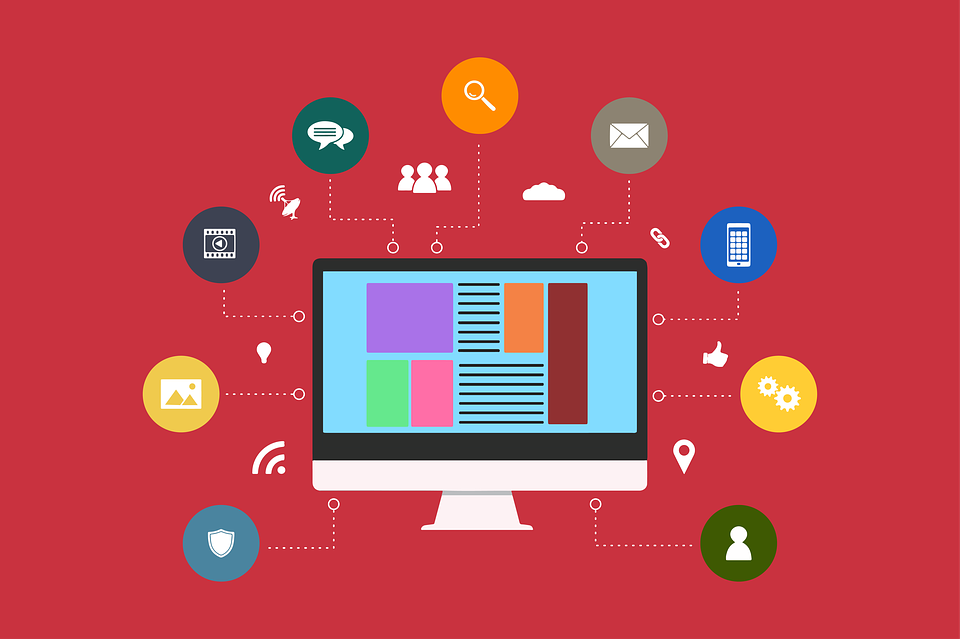
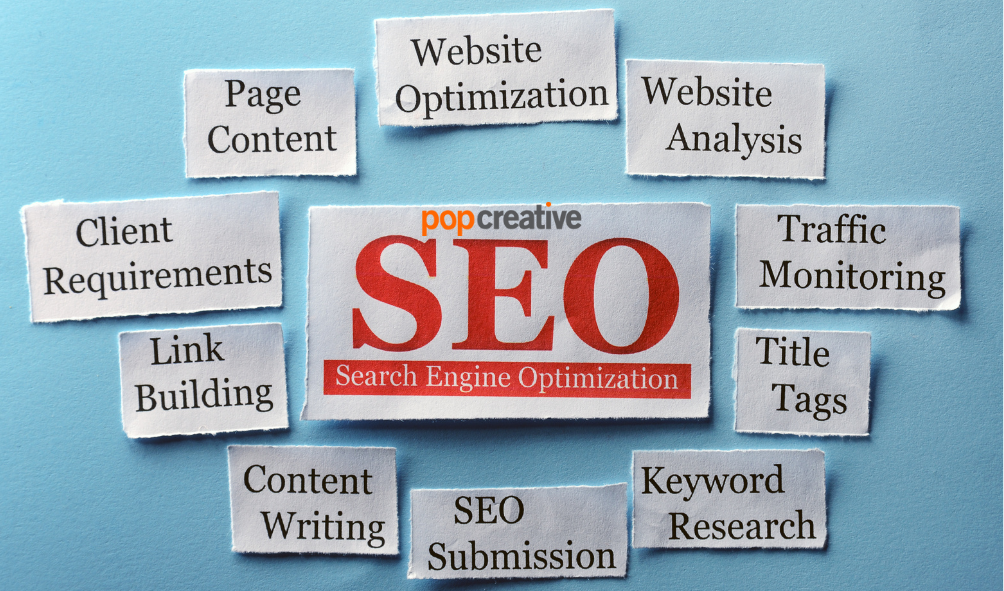
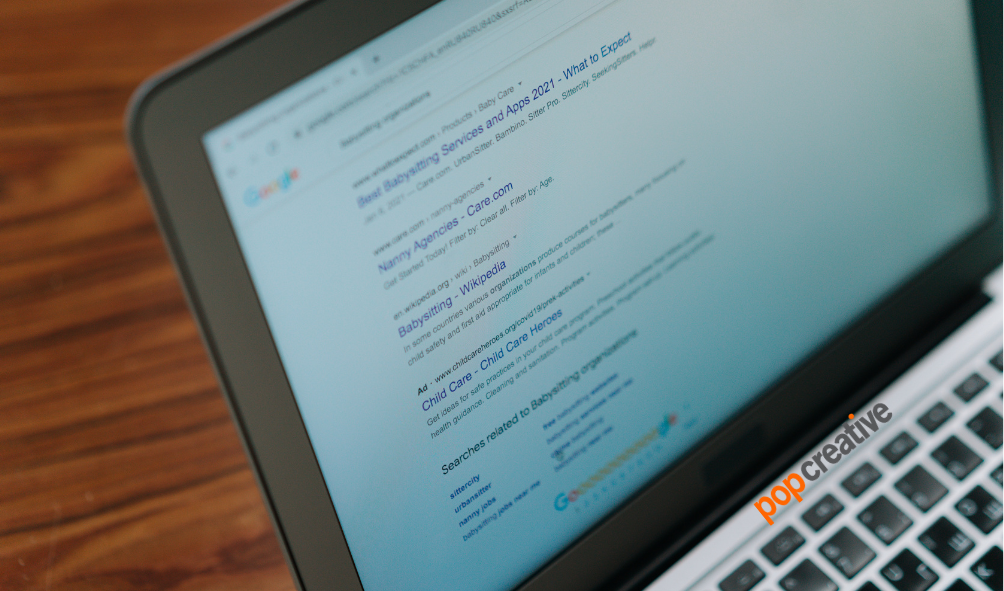
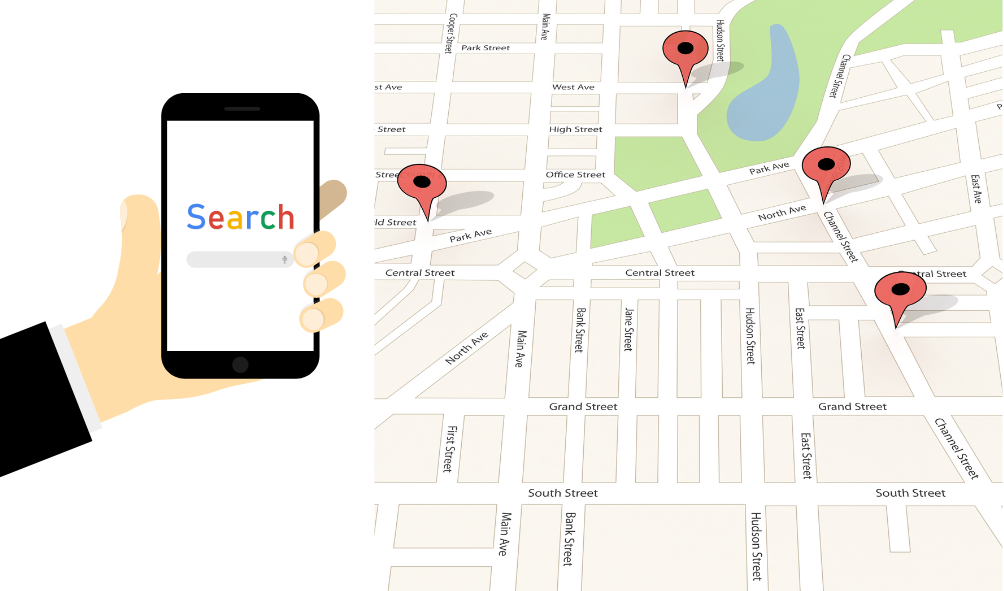
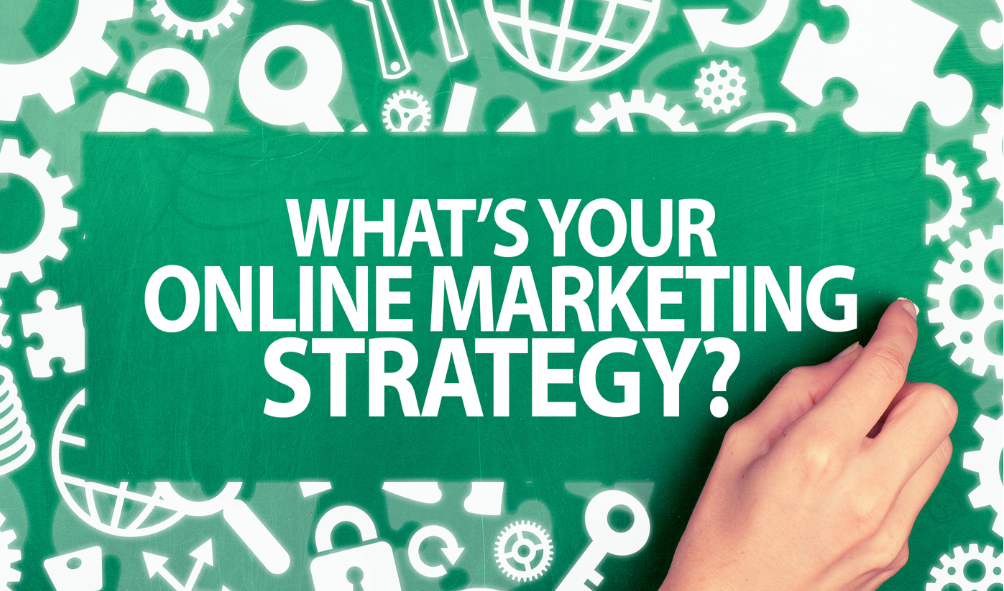
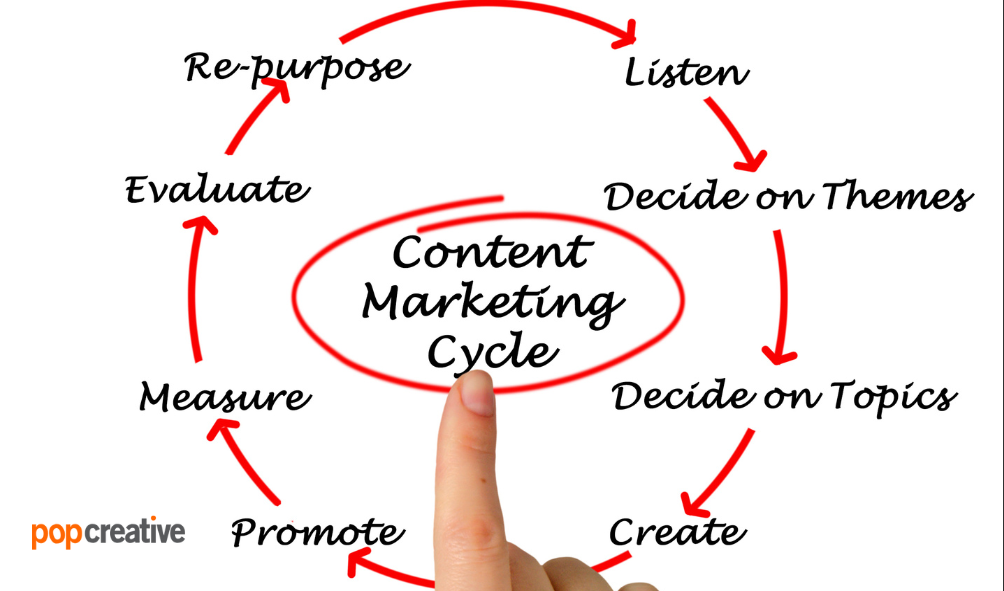
Recent Comments